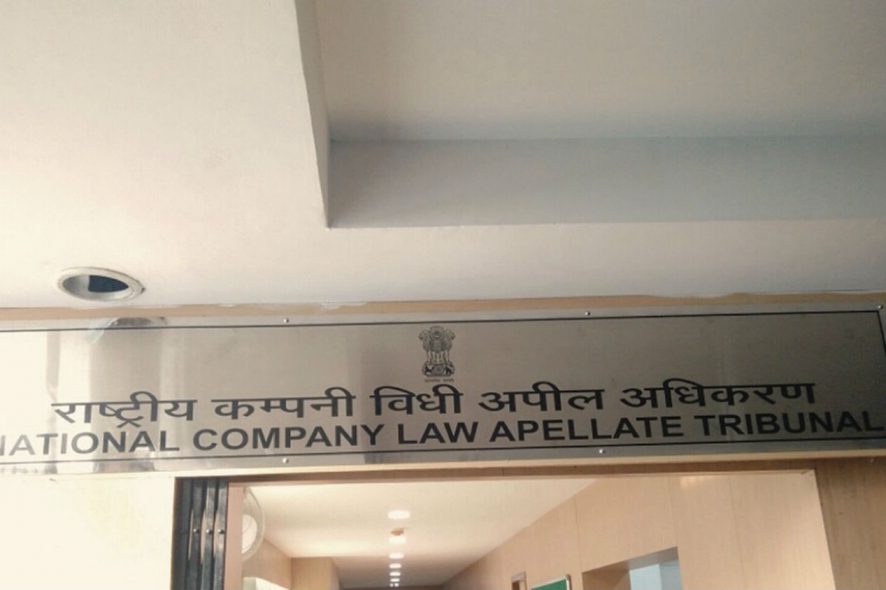National Company Law Appellate Tribunal: The NCLAT has held in an appeal against a common order passed by the NCLT’s Allahabad Bench that any dispute within a corporate debtor company (“debtor”) is not one defined in the Insolvency and Bankruptcy Code (the Code), which only takes into consideration disputes between the debtor and its operational creditors (“creditors”).
The appellant is the head of a company which is a corporate debtor, appealing against a common order passed by the NCLT for separate appeals filed by different operational creditors, who are owed a total sum of about 6 crore rupees by the debtor. In response to applications filed under Section 9 of the Code, the NCLT admitted one application, passed a moratorium order and appointed an Interim Resolution Professional. The other applications were disposed of.
The creditors-respondents have stated that the debtor-appellant placed orders for crude rice bran oil but refused to pay for the same even after demand notices were issued under Section 8(1) of the Code.
The debtor, however, claimed that though the debtor company did place purchase orders for the oil, the oil was actually delivered to one Dinesh Arora, the then MD of the debtor company. The invoices, however, were raised against the debtor though it was never actually supplied the ordered oil. Once this fraud was discovered, Mr Arora signed a MoU with the debtor undertaking personal liability to pay off all invoices raised against the fraudulent delivery. The debtor argued that there was consensus ad idem between the debtor, Mr Arora and the creditors on the MoU and this led to novation of the contract, making only Mr Arora, and not the debtor liable for the payment. He further contended that the creditors could not back out of this due to the application of Section 62 of the Contracts Act and must claim all payment from Mr Arora.
The counsel for the creditors argued that the creditors were never a party to the MoU and the same is a mere instrument of collusion between the debtor and Mr Arora to escape their liability. It was shown by the creditors that the debtor company in its balance sheets had accepted its credit liability towards the creditors, these ledgers having been duly signed by the debtor company’s director.
NCLAT was of the view that the ‘dispute’ was merely one of the officials of the debtor company and not between the debtor and the creditors. It stated that while a debt was an asset of the creditor, which he could assign to an assignee of his will, the liability to pay off a debt was not transferable and the burden of repayment being shifted from one official of the debtor company to another does not absolve the debtor company of its liability. Since the appellant had taken over the shares of the other stakeholder-Mr Arora, he would be responsible to pay off the entire debt. The MoU was an agreement between different stakeholders in the same company and so was the issue of who received the delivery of the oil, which was an internal matter of the debtor company and the creditors were entitled to payment for the same. Lastly, the NCLAT also found that the debtor company had shown purchases made from the creditors in its tax returns and had claimed input tax credit on the same. Hence the appeal was dismissed. [Mr Chetan Sharma v. Jai Lakshmi Solvents (P) Ltd., Company Appeals (AT) (Insolvency) Nos. 66-70 of 2017, decided on 10.05.2018]







